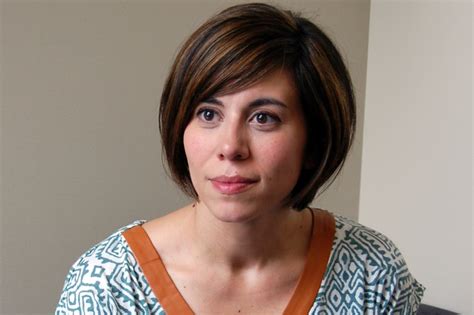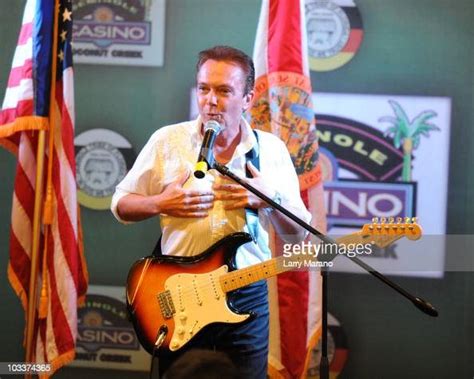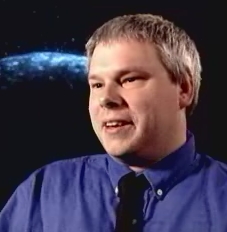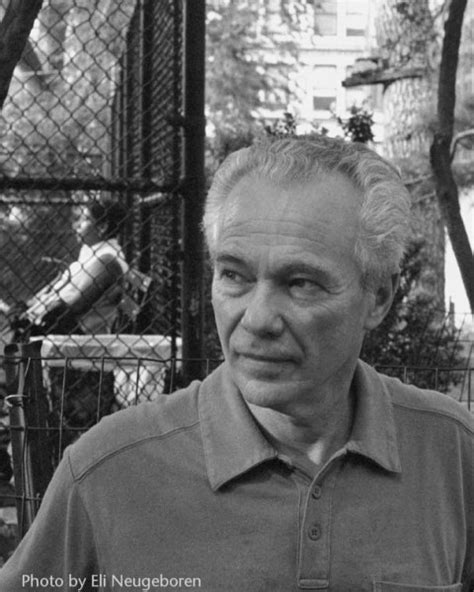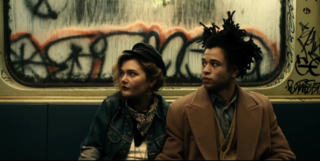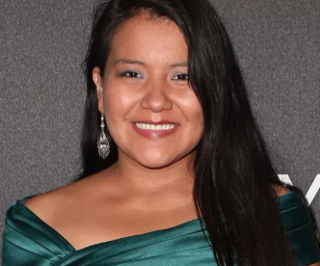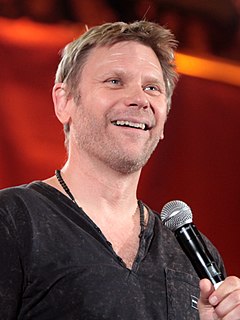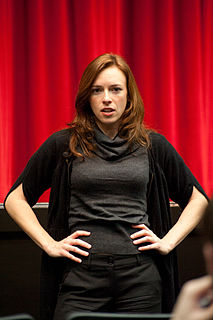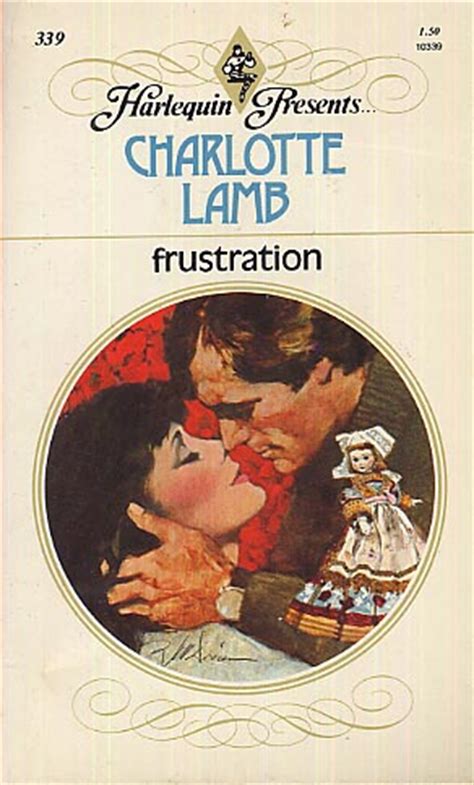Top 1200 Horror Stories Quotes & Sayings - Page 11
Explore popular Horror Stories quotes.
Last updated on December 19, 2024.
There's a lot of great writing, and characters, and stories being told in television nowadays. And much more than there used to be. The opportunities to tell stories, because of the opportunities to show content. And so it's drawing actors from cinema, movie actors, actors to where there's a lot of opportunities to where you can tell stories.
We can tell people abstract rules of thumb which we have derived from prior experiences, but it is very difficult for other people to learn from these. We have difficulty remembering such abstractions, but we can more easily remember a good story. Stories give life to past experience. Stories make the events in memory memorable to others and to ourselves. This is one of the reasons why people like to tell stories.
Just recognizing and naming that many of the things we treat as historical fact are stories can help erode their power over our sense of identity and thinking. If they are stories rather than "truth," we can write new stories that better represent the country we aspire to be. Our new stories can be about diverse people working together to overcome challenges and make life better for all, about figuring out how to live sustainably on this one planet we share, and on deep respect for cooperation, fairness, and equity instead of promoting hyper-competitive individualism.
Long before I wrote stories, I listened for stories. Listening for them is something more acute than listening to them. I suppose it’s an early form of participation in what goes on. Listening children know stories are there. When their elders sit and begin, children are just waiting and hoping for one to come out, like a mouse from its hole.
In a business that has exploited and ignored our people I have only found dead-ends. We need romantic comedies, gross-out and mockery comedies, horror and thrillers, teen movies and love-stories. All these and more will be a positive step towards the future of Native Americans in the world and film industry; an industry that that offers us not only the chance to play the parts of heroes, love interests and warriors, but also of villains, dorks and dangerous, brokenhearted products of circumstance.
The secret of the Great Stories is that they have no secrets. The Great Stories are the ones you have heard and want to hear again. The ones you can enter anywhere and inhabit comfortably... in the Great Stories you know who lives, who dies, who finds love, who doesn't. And yet you want to know again.
I sat on the bed. I looked at the Rorschach blot. I tried to make it look like a spreading tree, shadows pooled beneath it, but it didn't. It looked more like a dead cat I once found, the fat, glistening grubs writhing blindly, squirming over each other, frantically tunneling away from the light. But even that isn't the real horror. The horror is this: in the end, it is simply a picture of empty meaningless blackness.
There's something very terrifying about that and very primal about it. It's my belief that what horror does for people is that it provides that primal fear that, when we were wild hunter-gatherers, we had as part of our natural lives because maybe something was trying to hunt and gather you as well. We don't have that anymore in life and that's one of the things that horror films and action films provide for us.



